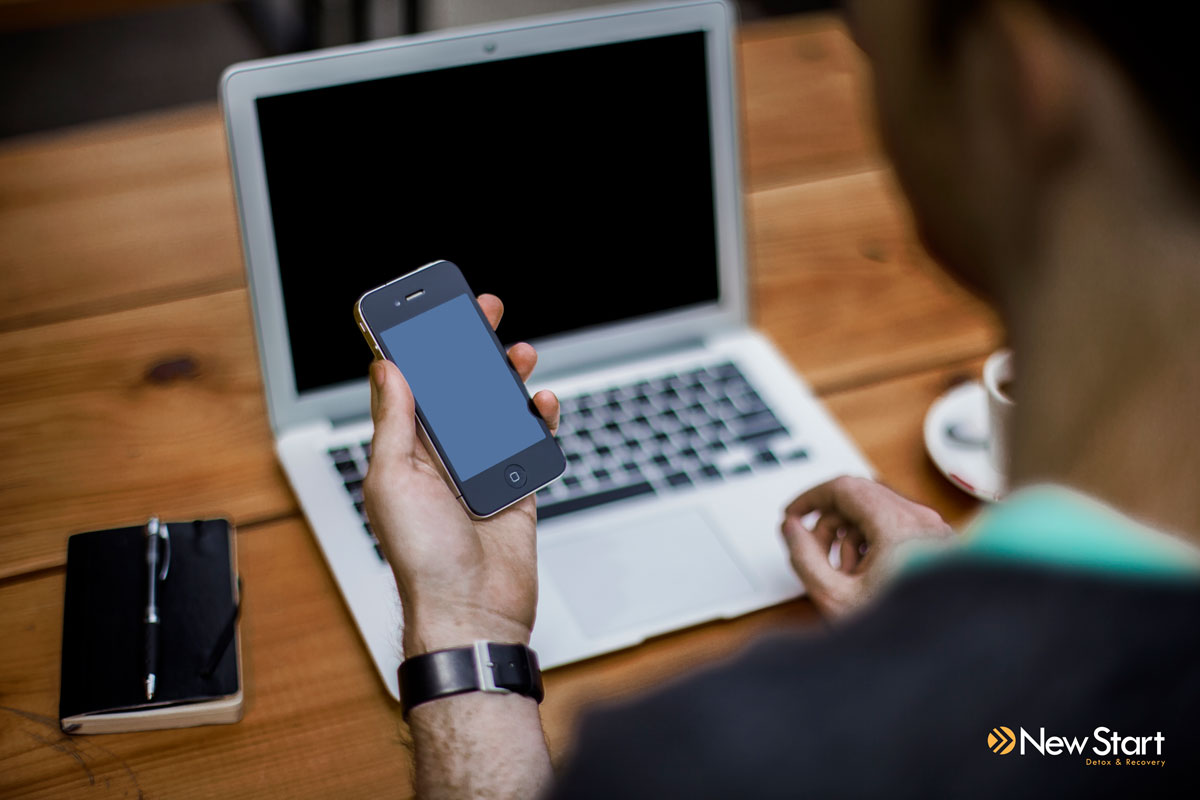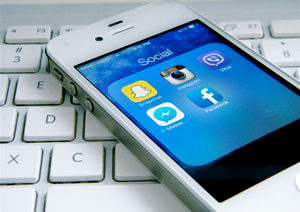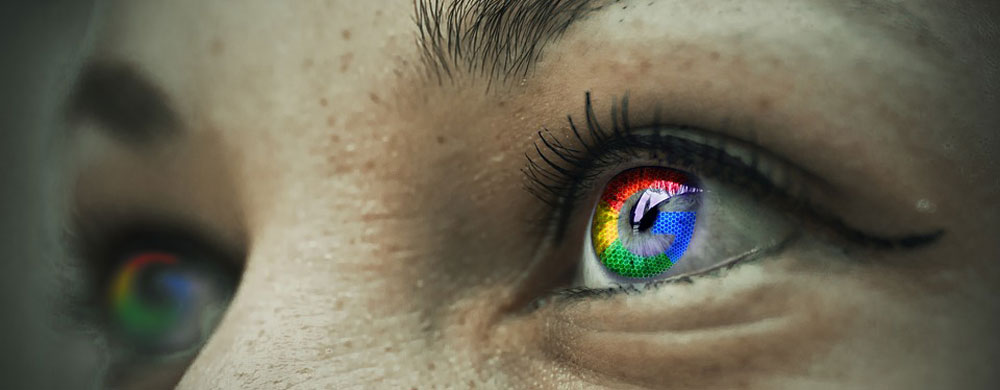 It’s estimated that the total time a person spends on social media over the span of their life equals about 5 years and 4 months. That’s more than eating, drinking, and grooming combined.
It’s estimated that the total time a person spends on social media over the span of their life equals about 5 years and 4 months. That’s more than eating, drinking, and grooming combined.
Tips for Keeping Your Social Media Feed Healthy:
1. Use That Unfollow Button When Necessary
Don’t follow people who participate in triggering activities. The majority of our social media friends are also friends that we have in real life. But these people might not all participate in the same sort of lifestyle as us. You can’t expect your college friends to stop partying just because you realized you had a problem and sought help. But you can avoid scrolling past party invites on Twitter and watching them do keg stands on Snapchat by unfollowing those people. Your true friends will understand that your main priority is your sobriety. If someone doesn’t understand, they probably don’t really have your best interests at heart. It’s best to go your separate ways with such people, in physical life as well as on social media. But that doesn’t mean the memories you had with those people need to be erased! It’s entirely possible to cherish your old friendships through memories and move on for the better at the same time.
2. Click on the Ads You Actually Like
Have you ever done a little online window shopping on your favorite store’s website and then noticed an ad for that same store pop up on your social media feed an hour later? That’s all thanks to targeted advertising. Companies can collect data from while you’re browsing and use that data to custom place ads on other sites you visit. Many people see this as an invasion of privacy because it’s personal data that these advertisers are collecting. However, you can actually use custom advertising to your advantage and keep your social media feed a happy place in recovery by clicking on certain ads.
I get it… seeing ads pop up in the middle of your feed constantly is incredibly annoying. But you can play a part in which ads you see. If you click on ads that are relevant to you and ignore the ones that might be triggering, advertisers will take the cue, custom place the ads you like, and stop advertising triggering products to you. These companies don’t know that you’re in recovery and they don’t know what your triggers are. They are trying to make a sale. So, if you don’t seem interested in certain ads or products, advertisers will stop showing them. So, go ahead and click on that ad for a new Callaway golf club set (you don’t actually need to buy it!) and ignore the ads for a monogrammed beer Koozie. Eventually, it’ll be as if those triggering ads never existed.
3. Follow Others Who are in Recovery
 In much the same way that going to meetings and hearing other people’s stories can help in a person’s own recovery, following other recovering addicts on social media can also benefit your recovery. Recovery blog sites often have social media accounts to share their articles and retweet others in the same industry. Individuals in recovery might retweet a cool support tweet they found this morning or share pictures of their five-year sobriety birthday on Facebook. Following these people can help keep your feed positive, supportive, and recovery-centered. It’s also a great way to make new friends and build fellowship when you’re travelling, can’t actually make it out to a meeting, or need a quick reminder to stay strong and positive.
In much the same way that going to meetings and hearing other people’s stories can help in a person’s own recovery, following other recovering addicts on social media can also benefit your recovery. Recovery blog sites often have social media accounts to share their articles and retweet others in the same industry. Individuals in recovery might retweet a cool support tweet they found this morning or share pictures of their five-year sobriety birthday on Facebook. Following these people can help keep your feed positive, supportive, and recovery-centered. It’s also a great way to make new friends and build fellowship when you’re travelling, can’t actually make it out to a meeting, or need a quick reminder to stay strong and positive.
New Start actually has quite a few social media accounts that we would love for you to follow! We always share our new blog posts on Facebook, retweet our friends in recovery on Twitter, and post positivity boosters on Instagram.
Know When to Take a Break
 It’s all well and good to keep your social media feeds happy and healthy, but that doesn’t mean it’s okay to spend countless hours scrolling through posts and pictures instead of doing your work or participating in the “real world.” Positivity quotes on Twitter – no matter how supportive and true they are – can’t replace actually going out and bettering your life. It’s important to take a break from technology once in a while and get some exercise or go enjoy nature.
It’s all well and good to keep your social media feeds happy and healthy, but that doesn’t mean it’s okay to spend countless hours scrolling through posts and pictures instead of doing your work or participating in the “real world.” Positivity quotes on Twitter – no matter how supportive and true they are – can’t replace actually going out and bettering your life. It’s important to take a break from technology once in a while and get some exercise or go enjoy nature.
Along those same lines, don’t forget about your actual, present friends and family. You can follow all the recovery icons you can possibly find, but your close loved ones are the ones that are actually there, supporting you through recovery. It’s important that your social media feeds are healthy, but your life offline should always take priority.
Your social media can be as happy and healthy as possible but it won’t matter if you’re still suffering from the dark, harmful grip of addiction. If you or someone you know is struggling with addiction, New Start can help. Don’t hesitate to call us at 855-737-7363 or talk to us on our live chat.

